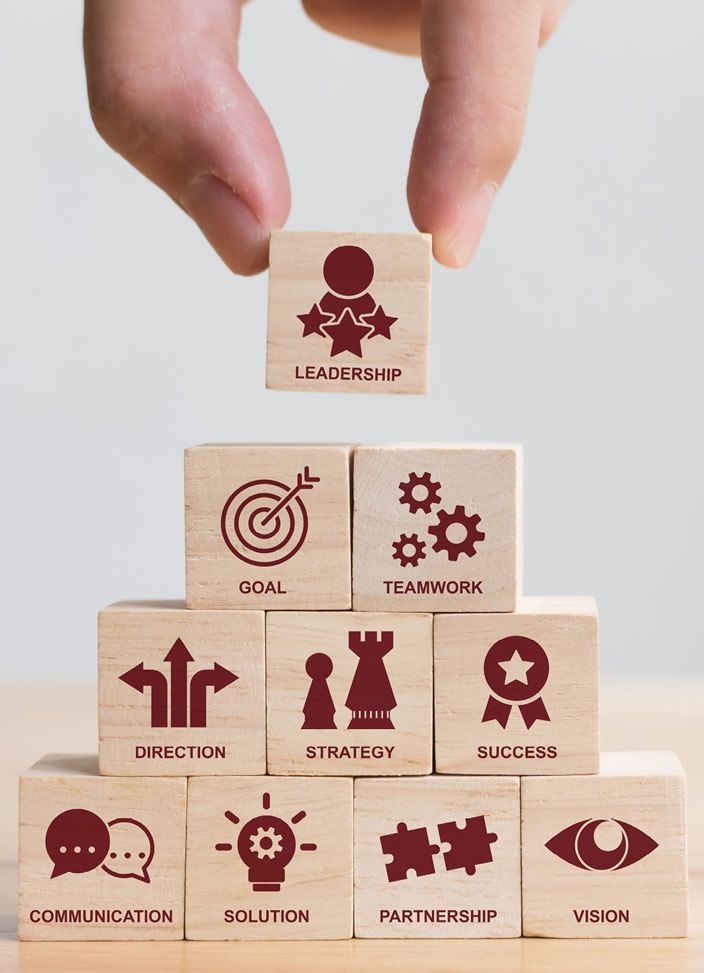
In 2012, when the requirement for every early childhood service to appoint a designated educational leader was introduced as part of the National Quality Framework (NQF), many services and teachers struggled to make sense of the role, Melinda Gambley writes.
What has long been clear to both teachers and researchers was the link between strong pedagogical leadership and quality education and care, but how to achieve this hasn’t always been apparent.
With little information about what the role was and what it entailed, and with minimal support and mostly no extra wages or recognition, many teachers were appointed to the position and left to find their own way.
Into this space stepped the peak bodies, who engaged experts in early childhood pedagogy and leadership to develop resources and professional development to support their members.
Early Childhood Australia produced an excellent series of resources as part of the NQS Professional Learning Program. At the same time, a number of private training organisations and consultants began to offer professional development and printed resources to support educational leaders.
Tick a box risk
These have varied considerably in quality and content and we don’t have to search far to see that there are a huge number of diaries, planning tools and checklists available for purchase to help educational leaders in their role.
One big concern is that, in some settings, educational leadership has become a compliance role of checklists and documentation quotas, rather than the visionary leadership role that was first envisaged under the NQF.
Fast forward seven years, and we see a sector much more comfortable with the idea of a designated pedagogical leader, with this position now beginning to be seen as crucial to the educational quality of a service and some recognition in terms of specific job descriptions, with additional conditions and wages attached. And to support all of this work, this year ACECQA have released their own document, The Educational Leaders Resource.
The first part of the resource outlines the regulated and expected role of an educational leader in Australian settings and the tasks that make up this role, including discussions, networking and mentoring.
Helpful ideas
There are links to resources that educational leaders can use to develop their own professional practice and some helpful ideas for managing meetings and dealing with difficult people. This section would be especially helpful to students or those who are new to the role as they establish systems and strategies to use in their services.
While the resource says little on the role of the educational leader in the assessment and rating process and meeting the National Quality Standards, there is a section that focusses specifically on the new Exceeding themes and how these can be used by educational leaders as part of the cycle of continuous improvement.
Following is a section for approved providers around their role of recruiting, employing and appointing a suitable educational leader, and a section on the qualifications, skills, and attributes required of educational leaders, that may be helpful to consider when designating the role. The resource notes that, while there is still no minimum qualification required for this role, there is a suggestion that higher qualifications correlate to services ‘doing better’ in Assessment and Rating of Quality Area 1.
Pedagogical leadership
Part 2 of the resource proposes a model for educational leadership based on the work of Elizabeth Stamopoulos, a researcher from Edith Cowan University. Stamopoulos’ model proposes four dimensions of pedagogical leadership: knowledge, professionalism, relationships and reflection. The remainder of this section examines these dimensions in greater depth through the work of academics and researchers who are themselves experts in pedagogical leadership.
Professor Fran Press, Dr Lennie Barblett, Dr Andrea Nolan, Dr Jennifer Cartmel and Dr Marilyn Casley all delve into each of these dimensions, offering strategies and research based approaches for educational leaders to develop their own practices and to support the professional development of others. There are case studies, questions for reflection, and further reading for educational leaders who wish to deepen their own understanding of these dimensions or that of their colleagues.
Call to action
Finally, Part 3 of the resource is a ‘call to action’ of sorts, encouraging educational leaders to take charge of their own professional development through reading, researching, and ‘trying something new’. The document’s appendix includes a helpful glossary for people new to the sector and a number of suggested sample templates for job descriptions, meeting minutes, and a self-assessment tool.
While these are just suggested as tools in this document, it’s important that both educational leaders and regulators don’t see these as prescriptive and ‘the only way’ to lead, as has happened in the past.
Overall, the educational leaders resource has the potential to be a useful aid to the work of new and experienced educational leaders. The information, case studies and reflections could be used in multiple ways in early education settings. The information is research based and there is certainly no mention of checklists or quotas that we might see in other resources.
For educational leaders who would like to continue their own professional development, there are some great local networking groups (some now offering networking specifically for their educational leaders to share their own pedagogy and to hear about others), fantastic conferences, and some excellent forums online and on social media, including the Perth-based non profit Educational Leaders Association who have a fast growing membership base across Australia. Or, as the educational leaders resource suggests, ‘try something new’ and start your own with colleagues!
So, educational leaders: do you have the courage to imagine what is possible?
More details: https://www.acecqa.gov.au/resources/educational-leadership
Melinda Gambley is the Director of Clunes Preschool and a member of the IEUA NSW/ACT Branch Early Childhood Council


































































































































